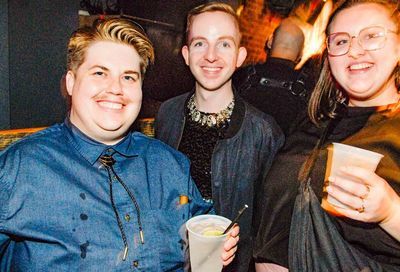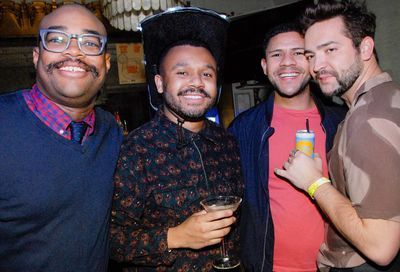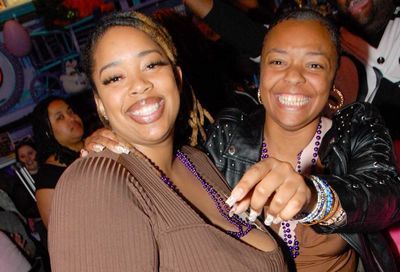In politics, as in life, we have to seize our moments. The current political moment belongs to Barack Obama and the Democrats. Obama’s polling numbers have slid as the difficulty of the economic situation sinks in, but he retains all the resources of the presidency. One of them is the bully pulpit.
He displayed his mastery of it again last week at the 100th anniversary convention of the National Association for the Advancement of Colored People (NAACP), where his rousing speech included the following:
“The pain of discrimination is still felt in America. By African-American women paid less for doing the same work as colleagues of a different color and a different gender. By Latinos made to feel unwelcome in their own country. By Muslim Americans viewed with suspicion simply because they kneel down to pray to their God. By our gay brothers and sisters, still taunted, still attacked, still denied their rights.”
The president’s inclusion of gays as part of the unfinished struggle for civil rights finessed the continuing controversy over the comparison of gay rights to black civil rights. ESPN columnist LZ Granderson wrote a pertinent CNN commentary on July 16 titled, “Gay is not the new black.” I share his exasperation at the premature cries of disappointment in Obama by many gay voices; but Granderson also writes, “The 40th anniversary of Stonewall dominated Gay Pride celebrations around the country, and while that is certainly a significant moment that should be recognized, 40 years is nothing compared with the 400 blood-soaked years black people have been through in this country.”
New York Law School Professor Arthur S. Leonard responded on Facebook, “Gay people in America have been oppressed for more than 40 years. Comparing the length of slavery and aftermath in America to the time since Stonewall is comparing apples and oranges. In colonial America, the penalty for sodomy was death.”
While I would agree that the history of anti-gay oppression pales in comparison to the horrors of slavery, the idea of civil rights loses its meaning unless it belongs to everyone. I recall the wise words of black lesbian activist Mandy Carter years ago counseling against the ranking of oppressions. Dwelling on our differences gets in the way of meeting our shared challenges. The NAACP’s rollout last week of its new LGBT Equality Task Force, a partnership with the National Black Justice Coalition, is a sign that a new generation less mired in old resentments and prejudice is taking the civil-rights mission forward into a new century.
Overcoming the past, however, does not mean forgetting it. As William Faulkner said, the past is not even past. Its ripples continue into the present, as in the broken black families that still bear scars from the slaver’s lash. An African-American friend who attended the NAACP convention, while praising the president’s speech, expressed annoyance at Obama’s habit of saving his talk of personal responsibility — like his Southern-preacher vocal inflections — for black audiences. Obama does this, one suspects, not just because black folks need to hear the message (especially the successful people attending the convention), but because “tough love” messages to blacks play well with the wider audience that reads the resulting headlines.
Obama echoed his personal-responsibility trope during his recent visit to Ghana, where he said, “Ultimately I’m a big believer that Africans are responsible for Africa. … For many years we’ve made excuses about corruption or poor governance, that this was somehow the consequence of neocolonialism, or the West has been oppressive, or racist. I’m not a believer in excuses.”
Gerald Caplan writes in The Nation, “Of course Obama’s obsession about appalling governance is not wrong; I share it completely. Africans have for decades been betrayed by a veritable pageant of monstrous leaders, one more egregious than the other. But another truth is that the United States actively backed almost all of them, and if the US didn’t, France did; that’s part of the neocolonial record.”
To borrow a phrase from Al Gore, this is an inconvenient truth. The legacy of past legal and social wrongs is something we need to confront and address collectively. There are many things that people should do for themselves, but some things require government action — such as ending discriminatory public policies. The liberal coalition must pull together and seize the moment to carry on the old and difficult task of making our nation’s actions more closely reflect its founding ideals.
Richard J. Rosendall is a writer and activist whose work has appeared on Salon.com and the Independent Gay Forum. He can be reached at rrosendall@starpower.net.





















